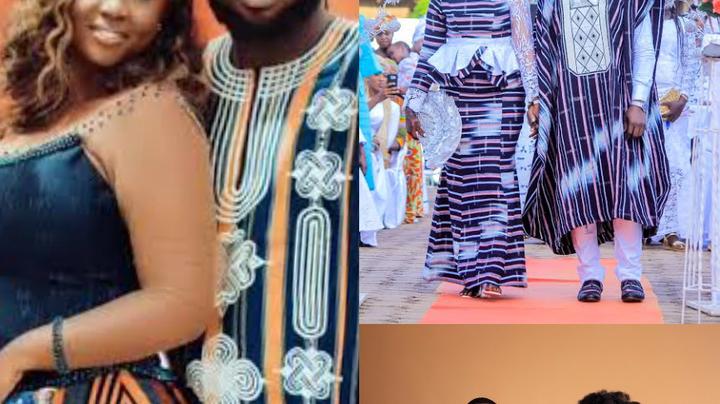Ghanaian smocks, traditionally known as Batakari or Fugu, have transitioned from regional attire to key players in the international fashion scene. In 2025, these handwoven garments captivate audiences everywhere, merging age-old Northern Ghanaian techniques with cutting-edge aesthetics. From vibrant festivals in Tamale to designer showcases in Tokyo and Los Angeles, smocks highlight Ghana’s dynamic contribution to worldwide style.
The charm of smocks stems from their deep cultural meanings. Each stitch and motif reflects Dagbon heritage, inspired by proverbs, leadership, and communal bonds. Bold stripes symbolize unity, earth tones represent resilience, blues denote wisdom, and whites evoke purity and peace. Wearing a smock is a vibrant assertion of Ghanaian identity, legacy, and inventive spirit.
Ghanaian artisans and designers are reinventing smocks with contemporary flair. Classic loose-fitting tunics and embroidered collars endure as essentials, but 2025 unveils fresh variations like tailored fits, cropped versions, fringe details, belted waists, and layered ensembles. These evolutions make smocks versatile for diverse events, from cultural ceremonies and casual gatherings to professional meetings or fashion-forward parties.
The garment’s flexibility allows for myriad styling approaches. Combine it with jeans and boots for an everyday urban vibe in Accra, or refine it with trousers and accessories for upscale occasions. Enhancements like woven hats, leather belts, and beaded bracelets amplify its genuine Ghanaian character.
Sustainability fuels the smock revival. Creators emphasize local cotton farms, natural dyes, and artisan guilds in Yendi and beyond, fostering ethical practices. This strategy strengthens Ghana’s rural economies, safeguards weaving traditions, and resonates with eco-conscious global consumers.
In 2025, Ghanaian smocks go beyond mere apparel. They are living expressions of culture, adaptability, and creative evolution. As international fashion advances, smocks stand out as a pivotal influence originating from Ghana.
